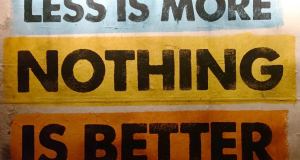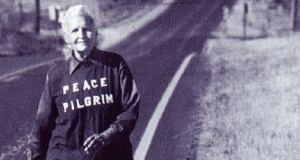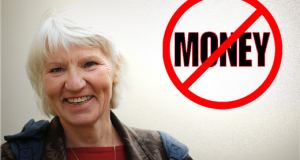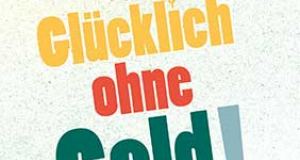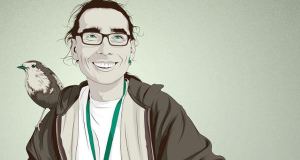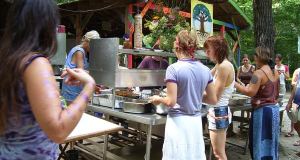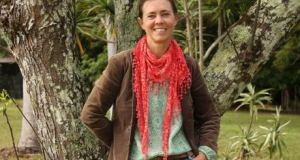
Jo Nemeth lives without money to reduce her environmental impact. How much would you be able to do to reduce your environmental footprint? Jo Nemeth is an Australian who decided to live her life without money, possibly the most drastic way to worry less about money.
In January 2015, after leading a normal life as coordinator of a community development program, with a normal family, stress and normal worries, Jo Nemeth made a radical decision: stop using money to give up her life as a consumer of products. "I had a good job, but I felt I was not contributing positively, on the contrary, I had to drive all the time, I did not have time to grow my food and, on top of that, I felt stressed and unhappy, working to pay the bills".
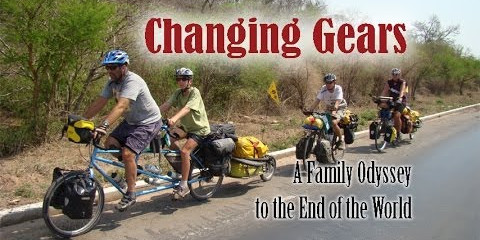
After reading the book Changing Gears by Greg Foyster, which describes the life of a couple who travels up the east coast of Australia on bicycles and another book about Mark Boyle, who lived three years without money, she chose to start living without money. A complicated decision, as described in her blog, especially when her partner wanted something very different for his life and they parted, and her daughter left home and married soon after.
It was with the help of her friends that she was able to start with her new life project. Some offered a place to live on their land and some house-sitting, others made donations of second-hand clothes and other goods, others kept the soap that they from their trips and stays in hotels.
Jo's rule is not to use anything that has been purchased solely for her personal benefit. The rest of her needs are covered by self-management and service to others. In this same line, Jo cultivates a large part of her food, reuses tools and waste from the world around her. Jo lives a gift culture-based life – helping out where she can without expectation of something in return.

When Jo stopped using coins and bills as a way to obtain resources, she only had in mind to diminish her environmental footprint of the world. She did not expect to discover other benefits such as the generosity of people, the solidarity among friends or the ability to enjoy time when you are free. Nor did she imagine how much she depended on the objects or the pleasures he had when her life followed the norm of society, such as the warm shower with running water or cereal with milk. However, she has never thought about giving up.
"Living without money has been easy and even fun. I hope I will not have a normal life again, although it could happen if I am forced for health reasons.
Could you live like Jo or, at least, try to reduce your environmental footprint and stop consuming things you do not need? We invite you to contribute to the discussion.
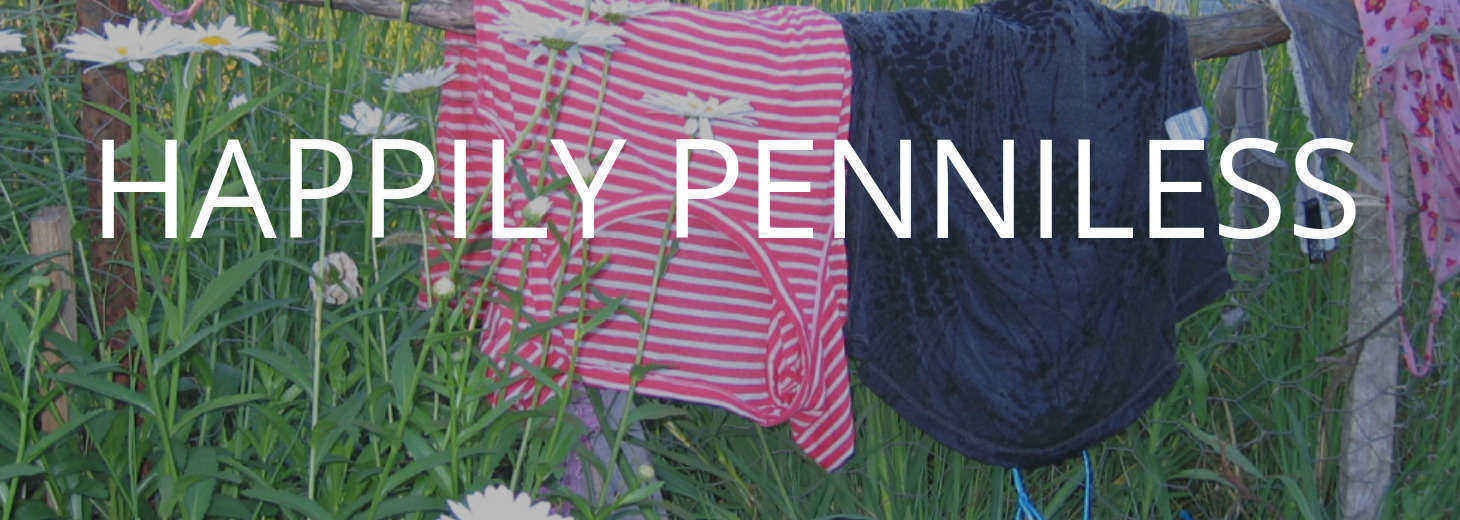
We reached out to Jo and asked her some questions:
Was there a specific moment you made your decision to go moneyless?
Yes, it was when I was reading about someone living without money in the book, Changing Gears.
What's your definition of happiness
When my actions and values are aligned - as they are now. Also, I think living communally with like-minded people is pretty great but haven't quite got there yet. That's my next plan.
What's the best part about living without money? And the worst?
The best is the freedom I feel. I get to choose who I help and when and this feels very rewarding - being able to give from my heart rather that through a sense of obligation or financial reward. The worst has been saying goodbye to a man I loved.
How does your lifestyle work with the Australian authorities? E.g.is your health care covered, do you have to report taxes?
I don't report taxes because I have no income and yes, there's is some healthcare here that is free. I have seen a doctor a couple if times in the last three years to have my skin checked - I had skin cancer a few years ago.
Do you know any other Australians who (chose to) live without money?
I think there is a man in South Australia who lives without money. He calls himself Smoky Ranger.
For the past five years I have lived and thrived in this wealthy Western country without money. I have built rich social connections, consumed waste resources, grown food for myself and others, and built a tiny piece of a new world. Without money, I have forced myself into creative territory, found emotionally and mentally fulfilling ways to meet my basic needs and formed many win-wins with people, both friends and strangers.

